Stunning Companion Plants For Orange Rocket Barberry
Stunning Companion Plants for Orange Rocket Barberry
Orange Rocket barberry is a beautiful and versatile shrub that can add a touch of color and interest to any garden. With its bright orange foliage, it can be used to create a focal point in a border or as an accent plant in a mixed container. But what plants go well with Orange Rocket barberry?
In this blog post, we will explore some of the best companion plants for Orange Rocket barberry. We will consider factors such as plant size, color, and growth habit to create pairings that are both visually appealing and complementary.
Plant Size
When choosing companion plants for Orange Rocket barberry, it is important to consider the size of the shrub. Orange Rocket barberry grows to a height of 4-5 feet and a width of 2-3 feet. As a result, it will need to be paired with plants that are of similar size or that will not outgrow it.
Color
The bright orange foliage of Orange Rocket barberry can be complemented by a variety of colors. Some good choices include blue, purple, yellow, and white. For example, you could plant it with blue oat grass, purple coneflower, yellow daylily, or white hydrangea.
Growth Habit
Orange Rocket barberry has an upright growth habit. As a result, it will need to be paired with plants that have a similar growth habit or that will not overwhelm it. Some good choices include other upright shrubs, such as spirea or weigela, or low-growing groundcovers, such as creeping thyme or sedum.
Here are some specific companion plant suggestions for Orange Rocket barberry:
- Blue oat grass (Helictotrichon sempervirens): This tall, airy grass has blue-green foliage that will complement the orange of the barberry. It is drought-tolerant and deer-resistant, making it a good choice for a variety of gardens.
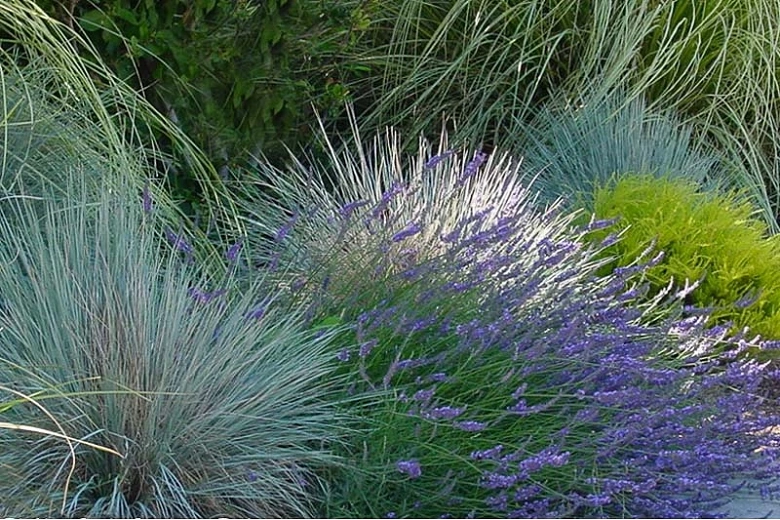
- Purple coneflower (Echinacea purpurea): This native wildflower has showy purple flowers that bloom in summer. It is easy to care for and attracts butterflies and other pollinators.
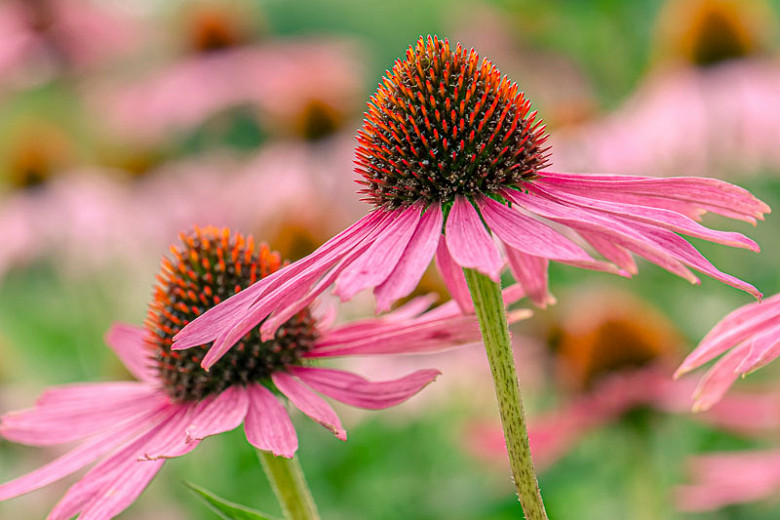
- Yellow daylily (Hemerocallis fulva): This perennial has bright yellow flowers that bloom for several weeks in summer. It is easy to care for and can tolerate a variety of soil conditions.
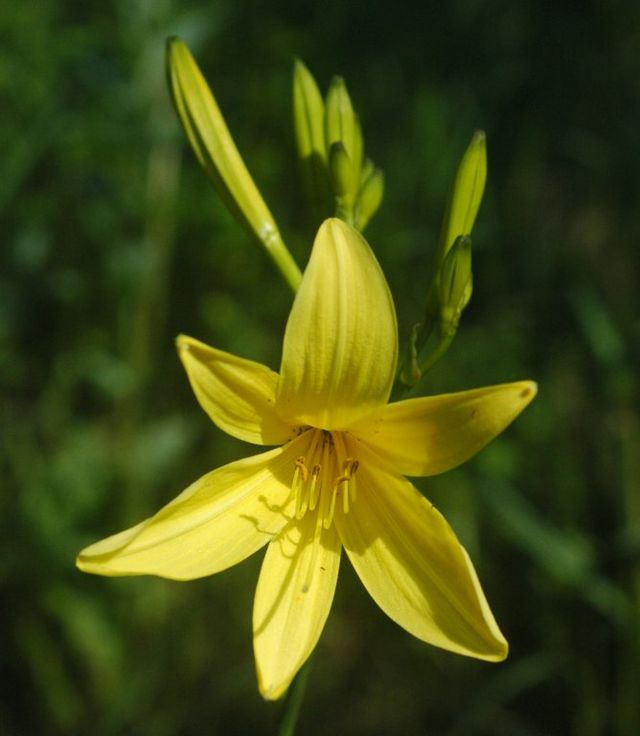
- White hydrangea (Hydrangea arborescens): This classic hydrangea has large white flowers that bloom in summer. It is a bit more demanding than some of the other plants on this list, but it is well worth the effort.
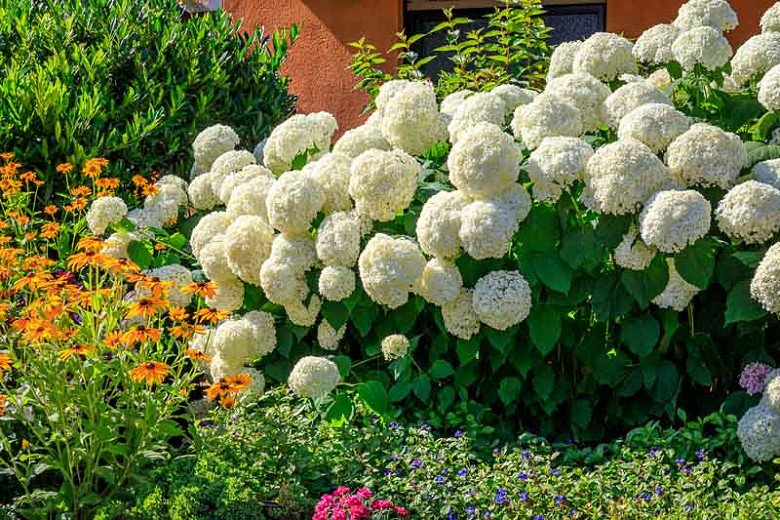
- Spirea (Spiraea spp.): There are many different varieties of spirea, but all of them have delicate white or pink flowers that bloom in spring or summer. They are easy to care for and make a great addition to any garden.
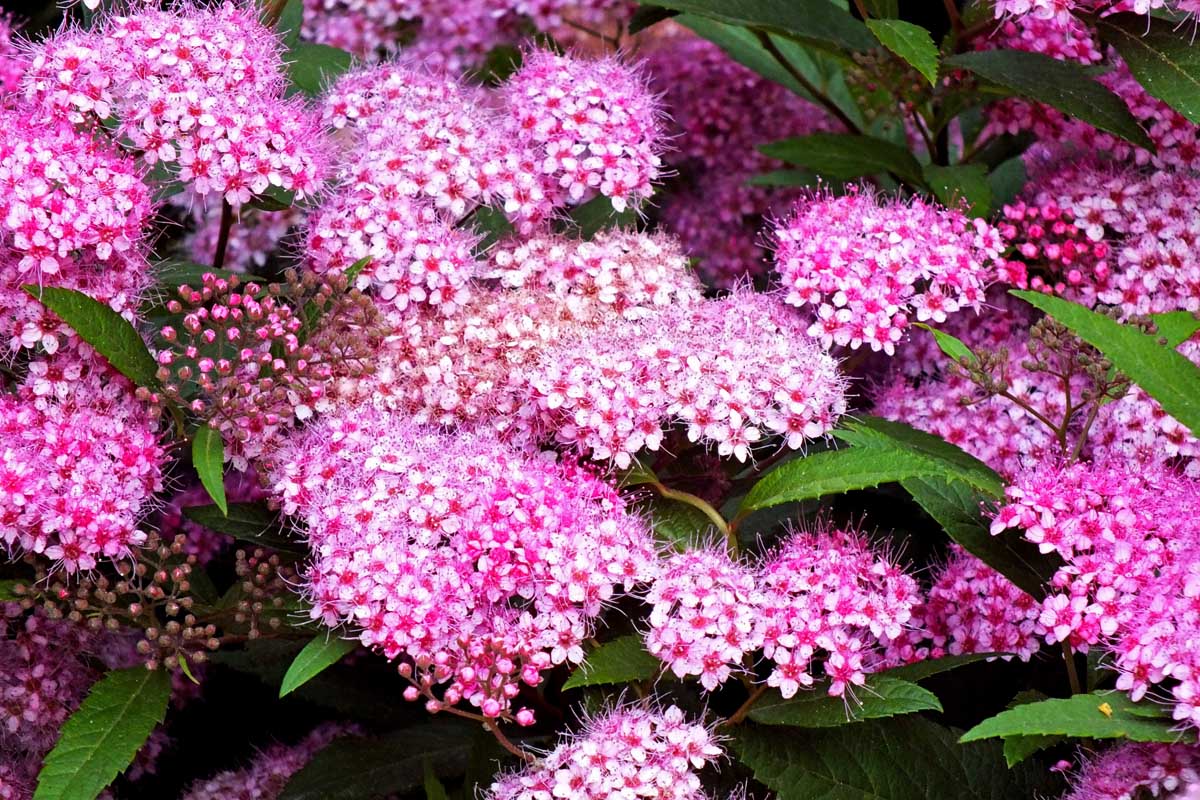
- Weigela (Weigela spp.): These shrubs have showy pink or red flowers that bloom in spring or summer. They are easy to care for and can tolerate a variety of soil conditions.
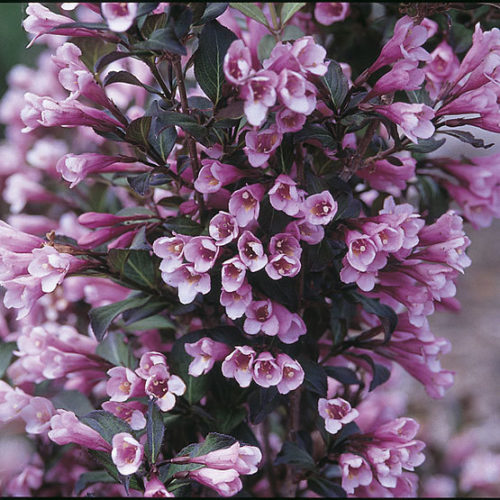
- Creeping thyme (Thymus serpyllum): This low-growing groundcover has fragrant gray-green foliage and tiny pink flowers that bloom in summer. It is drought-tolerant and deer-resistant, making it a good choice for a variety of gardens.
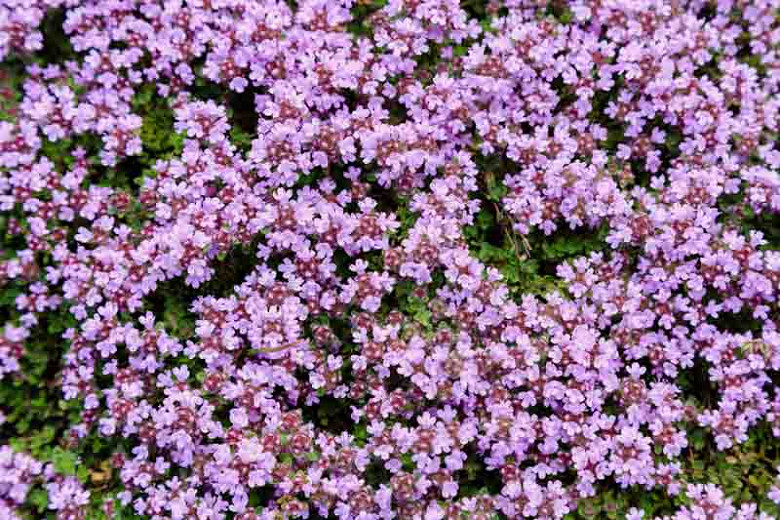
- Sedum (Sedum spp.): There are many different varieties of sedum, but all of them have succulent leaves that make them drought-tolerant. Some varieties also have colorful flowers that bloom in summer.

Conclusion
These are just a few suggestions for companion plants for Orange Rocket barberry. With a little planning, you can create a beautiful and harmonious garden that features this stunning shrub.
Orange rocket barberry is a beautiful, hardy shrub that can add a pop of color to any garden. It's also relatively low-maintenance, making it a great choice for busy gardeners.
If you're thinking about planting orange rocket barberry in your garden, you may be wondering what companion plants would work well with it. Here are a few suggestions:
- Everest EverColor® Carex: This evergreen sedge has blue-green foliage that will complement the orange rocket barberry's leaves. It's also drought-tolerant and deer-resistant.
- Clarity Blue™ Dianella: This blue-flowering iris has a similar growth habit to orange rocket barberry and will bloom in the spring and summer. It's also tolerant of full sun and part shade.
- Dark Blue Moody Blues™ Veronica: This blue-flowering speedwell has a trailing habit and will spill over the edges of your garden bed. It's also deer-resistant and drought-tolerant.
Of course, these are just a few suggestions. There are many other companion plants that would work well with orange rocket barberry. To learn more about specific plants and their compatibility with orange rocket barberry, I recommend visiting Gardenia Inspiration.
FAQ of orange rocket barberry companion plants
- What are good companion plants for orange rocket barberry?
Orange rocket barberry is a colorful shrub that can add a pop of brightness to any garden. It is also relatively low-maintenance and drought-tolerant. When choosing companion plants for orange rocket barberry, it is important to consider the following factors:
* Sunlight requirements: Orange rocket barberry prefers full sun, so companion plants should also be able to tolerate full sun.
* Water needs: Orange rocket barberry is drought-tolerant, so companion plants should also be drought-tolerant.
* Color: Orange rocket barberry has bright orange foliage, so companion plants should complement its color.
* Texture: Orange rocket barberry has smooth, glossy leaves, so companion plants should have different textures to add interest to the garden.
Some good companion plants for orange rocket barberry include:
* Evergreen shrubs: Evergreen shrubs, such as juniper, holly, and boxwood, can provide year-round interest and contrast with the orange foliage of orange rocket barberry.
* Ornamental grasses: Ornamental grasses, such as blue oat grass and maiden grass, can add movement and texture to the garden.
* Perennials: Perennials, such as coral bells, sedum, and daylilies, can provide blooms throughout the growing season.
* Vines: Vines, such as clematis and climbing hydrangea, can add vertical interest to the garden.
* Flowering shrubs: Flowering shrubs, such as azalea, rhododendron, and lilac, can provide blooms in the spring and summer.
- How far apart should I plant orange rocket barberries?
Orange rocket barberries can grow up to 6 feet tall and wide, so it is important to space them accordingly. If you are planting them as a hedge, you should space them 18 inches apart. If you are planting them as individual specimens, you should space them 2 to 3 feet apart.
- What are some common pests and diseases that affect orange rocket barberry?
Orange rocket barberry is relatively resistant to pests and diseases. However, it can be susceptible to aphids, scale, and powdery mildew. If you notice any pests or diseases on your orange rocket barberry, you can treat them with insecticidal soap or fungicide.
- How do I prune orange rocket barberry?
Orange rocket barberry is a relatively low-maintenance shrub and does not require frequent pruning. However, you should prune it in the spring to remove any dead or damaged branches. You can also prune it to shape it or keep it in check.
- How do I overwinter orange rocket barberry?
Orange rocket barberry is hardy in USDA zones 4 to 9. In colder climates, you may need to protect it from the cold by wrapping it in burlap or covering it with a plastic sheet.
Image of orange rocket barberry companion plants
Here are 5 different images of "orange rocket barberry companion plants" from Pinterest:
This combination creates a striking contrast of colors and textures. The bright orange leaves of the barberry stand out against the soft green leaves of the carex. The carex also adds movement and interest to the planting.
This combination is perfect for a shady spot in the garden. The barberry's bright orange leaves add a touch of brightness, while the dianella's blue flowers provide a pop of color. The dianella also has attractive foliage that will help to fill in the space around the barberry.
This combination is a great choice for a sunny spot in the garden. The barberry's bright orange leaves will really stand out against the blue flowers of the veronica. The veronica is also a low-maintenance plant that is drought-tolerant.
This combination is a classic choice for a formal garden. The barberry's upright shape provides a contrast to the spreading branches of the juniper. The two plants also have similar water and soil requirements.
This combination is a great choice for a hot, dry climate. The barberry and yucca are both drought-tolerant plants that can thrive in full sun. The yucca's spiky leaves provide a dramatic contrast to the barberry's bright orange leaves.





Post a Comment for " Stunning Companion Plants For Orange Rocket Barberry"